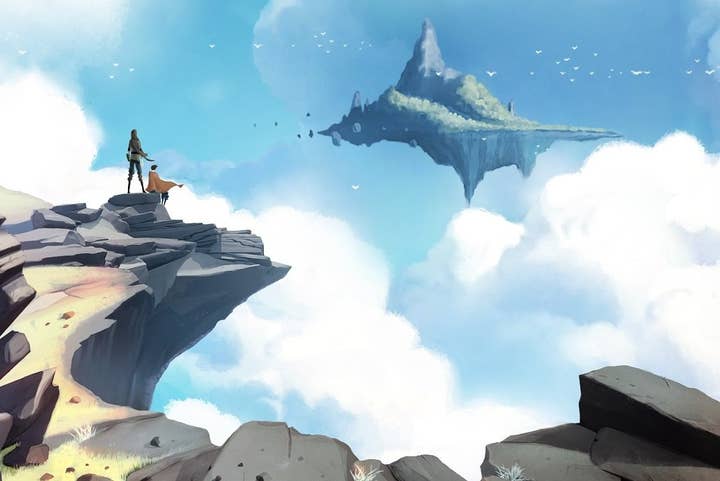Improbable reveals SpatialOS
"To unlock the promise of virtual reality, we need to move from simple games to true virtual worlds"
Improbable already has Bossa Studios and Dean Hall working with its supercharged simulation tech for their upcoming games, now it's announcing its distributed operating system SpatialOS and inviting developers to register their interest.
"Futurists talk about 'strong AI' as the moment where Artificial Intelligence stops being a useful tool and instead transforms the world. We view strong simulation as the same kind of transformation for simulation technology," said Improbable CEO Herman Narula.
"To really understand the complex systems that drive our world we need to move from just looking at patterns in past data to actually recreating the world with powerful simulations. To unlock the promise of virtual reality, we need to move from simple games to true virtual worlds. However, powerful simulation has always been hindered by the inability of developers to integrate and scale existing models easily, or to run them at massive scale or in real time. SpatialOS solves that problem and will make simulation a ubiquitous technology."
The company calls the operating system a cloud-based infrastructure service and promises a fast and economical way for developers to add elements of deep simulation to their game. It's currently working in conjunction with academics, city planners and developers to create a simulated city that will feature elements like traffic patterns, energy consumption, pollution and waste management.
"Each city is made up of a huge number of complex adaptive systems, which makes it extremely challenging to understand the consequences of a new policy decision, development or event. Big data can only tell you what has happened to one particular system. But through a strongly simulated model of a city, we could pose and answer "what if" questions involving all the systems that make up a city in real time."
In March Improbable scored $20 million in a funding round with Andreessen Horowitz, and Narula told GamesIndustry.biz he wanted to build the Google of games.
"Bossa's game and Dean's game are both impressive in their own right, neither of them fully exploit what we're offering," he said.
"It's been our principle from the very beginning to do things in stages and do things incrementally but to show something along the way. So Bossa's game is the first time you'll see physical interaction, loads of people, a world that feels so much more interactive and less cardboard than online games have been in the past With Dean's game you'll start to see real depth in terms of economies, social systems, entities doing really cool stuff. Bossa's game will also begin to put that in over time."

